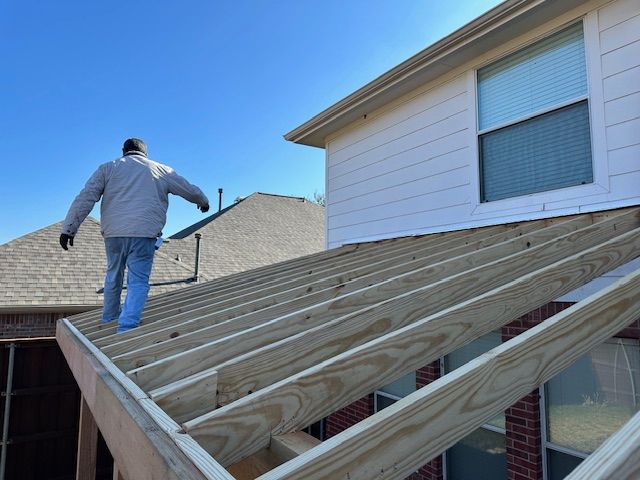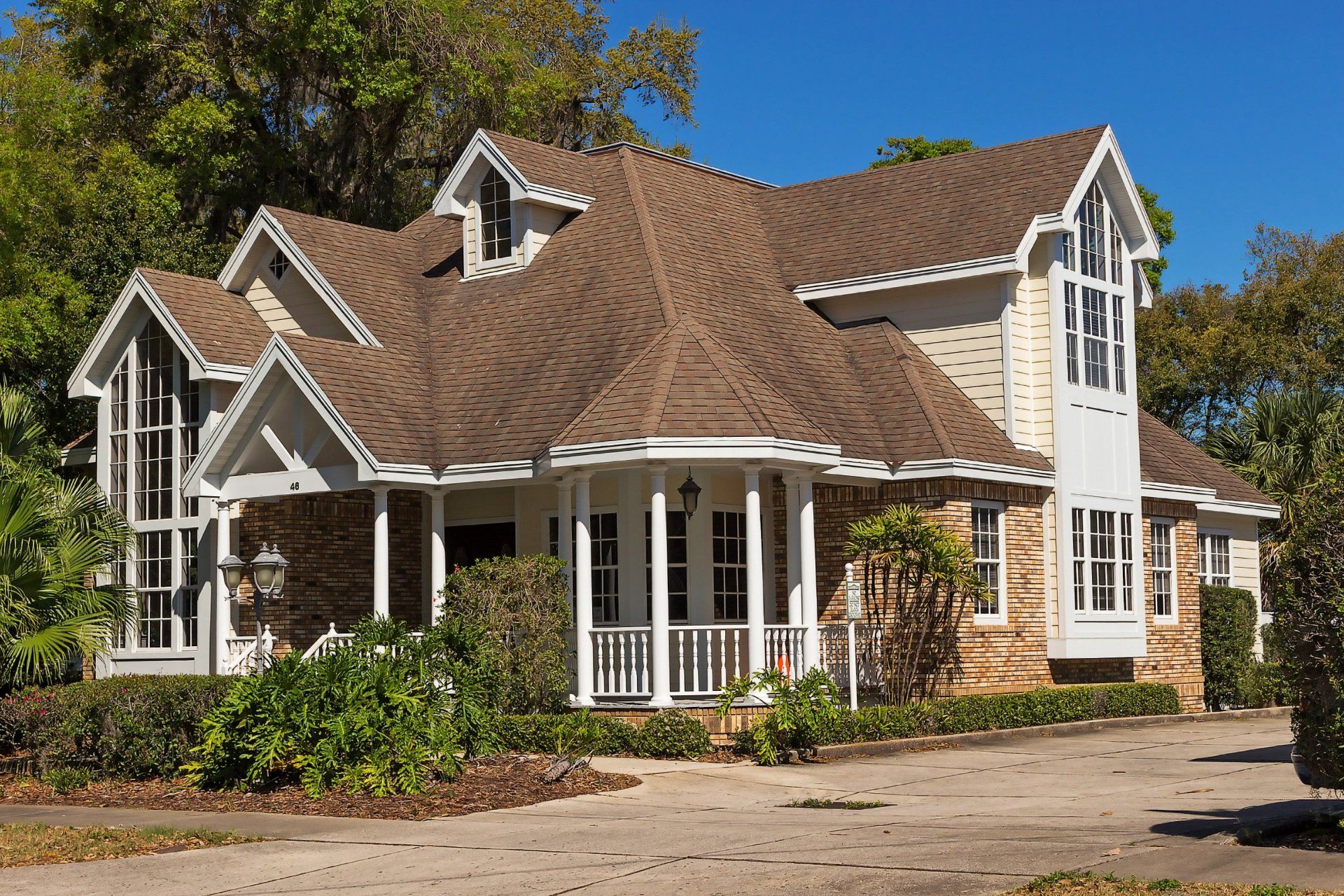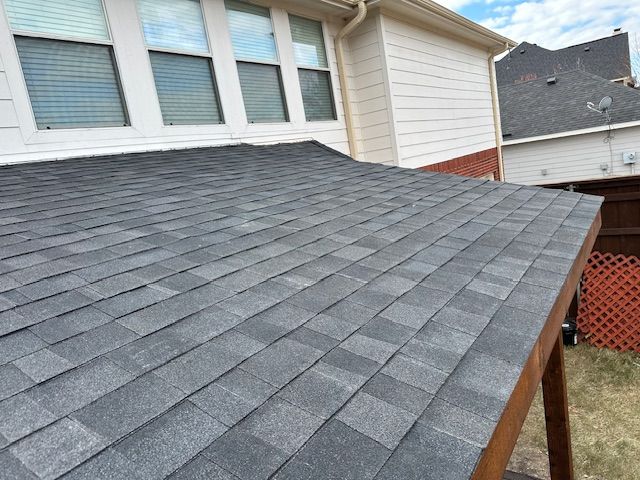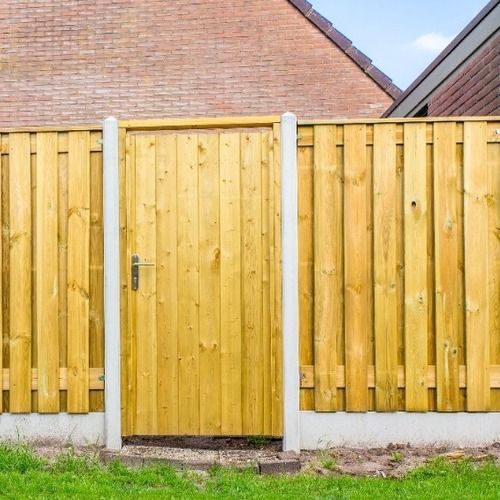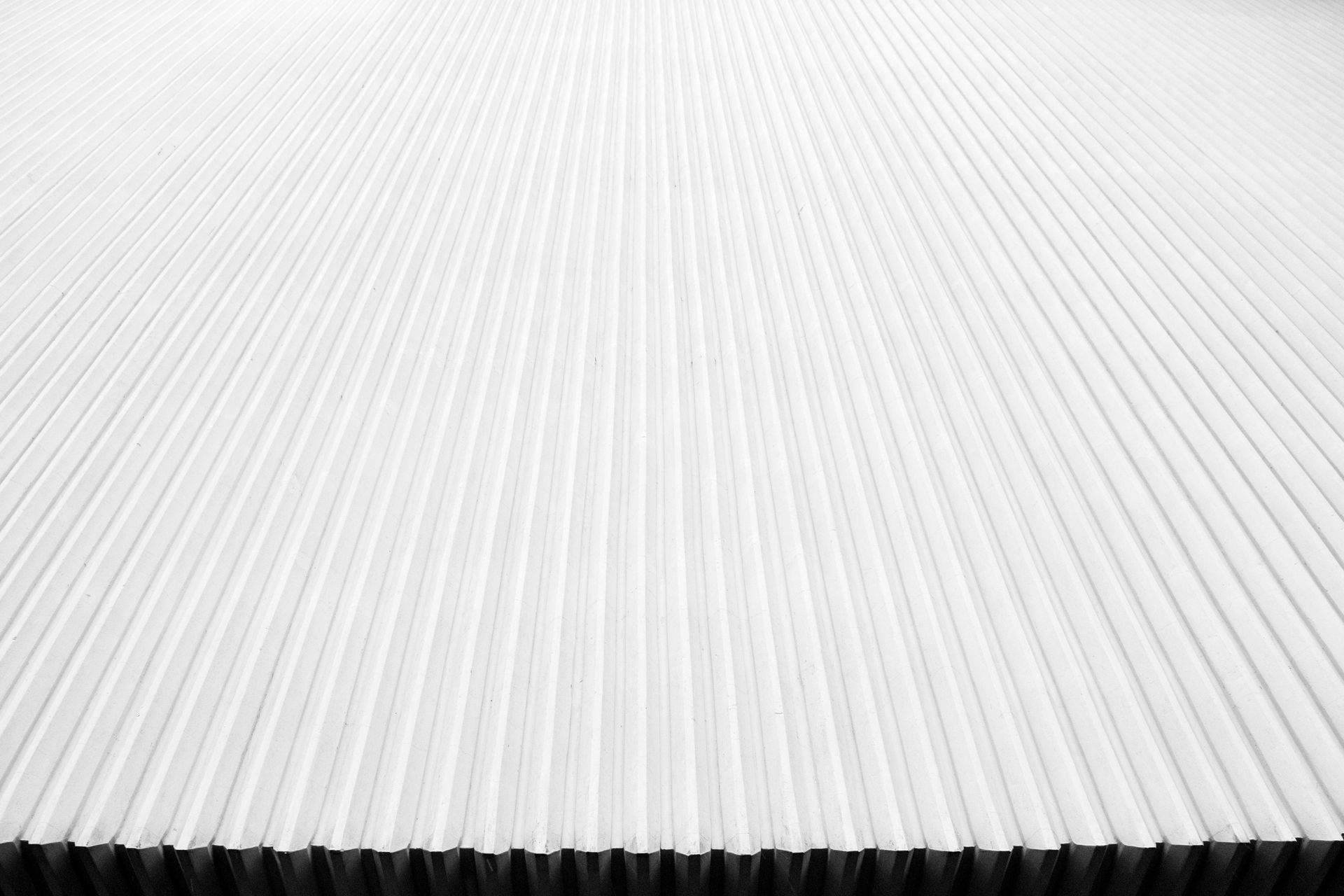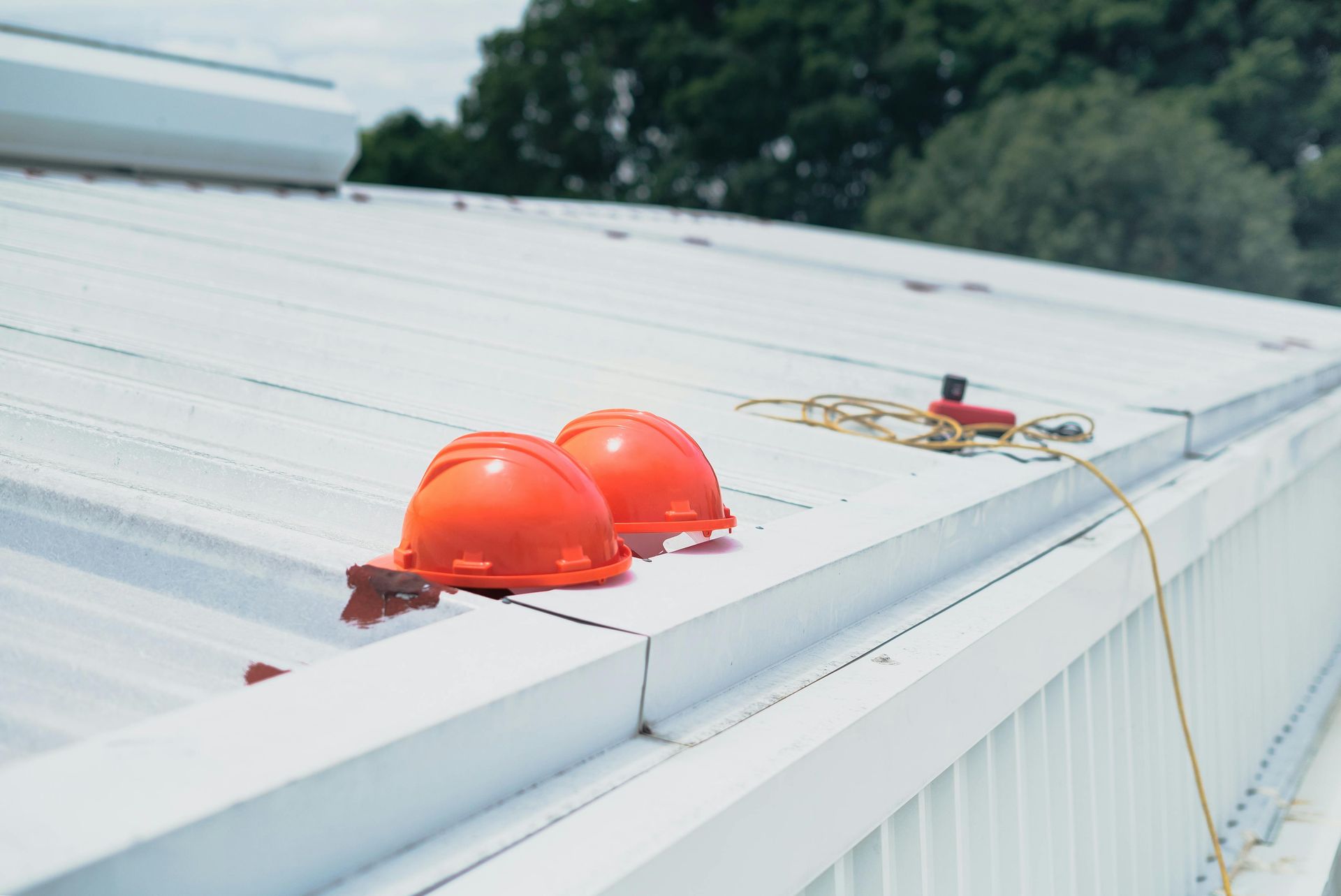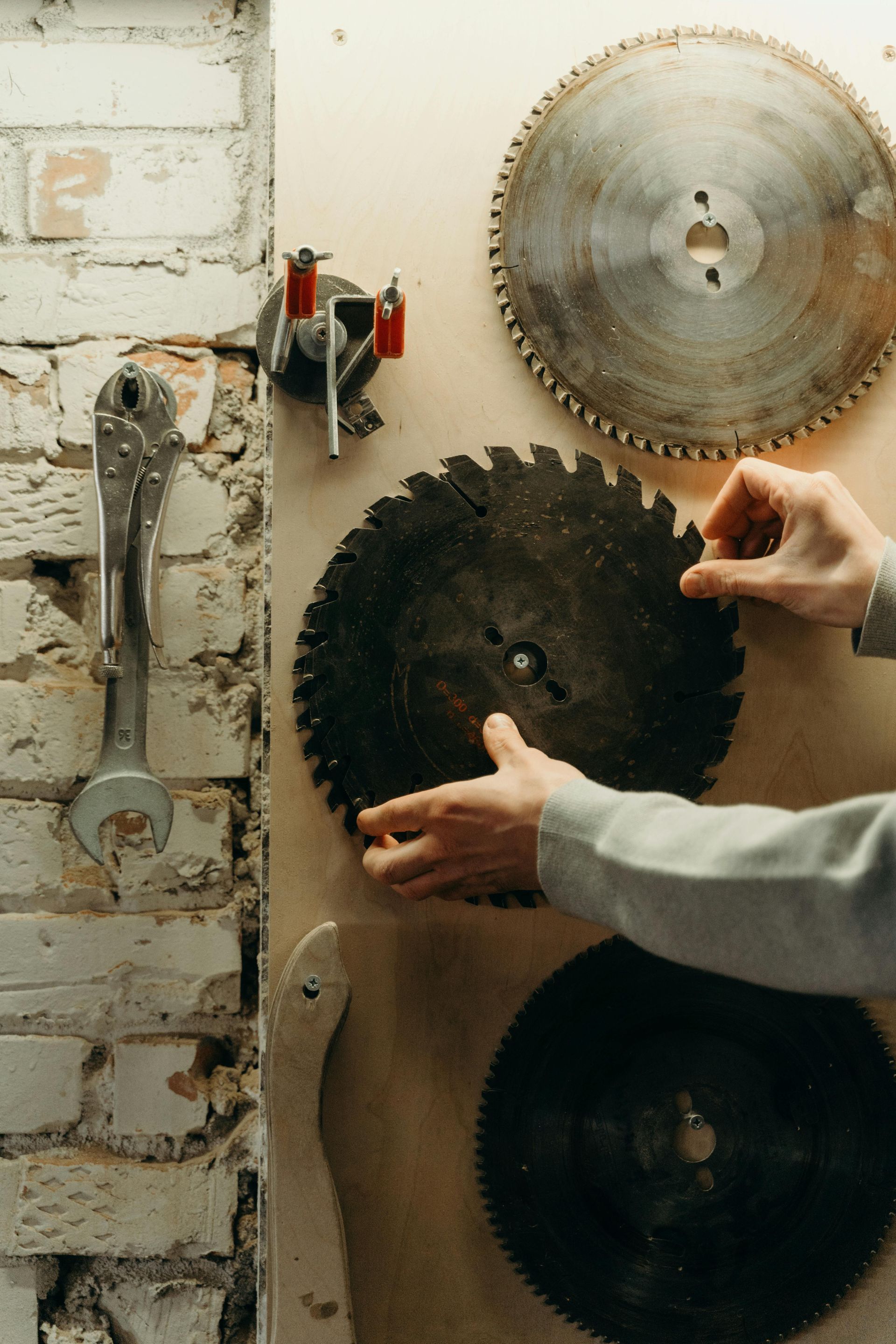
How Roof Age Affects Insurance Coverage
When it comes to insurance, the age of your roof is a big deal. It can affect whether your insurance will cover repairs or replacements. Understanding how insurance companies view roof age can save you a lot of headaches and money.
This blog dives into the specifics, giving you clear answers to common questions about roof insurance and age.
What Does Roof Insurance Typically Cover?
Roof insurance usually covers damage from unexpected events like storms, fires, and vandalism. However, it doesn't always cover wear and tear or damage due to lack of maintenance. If your roof is older, insurers may have stricter rules or offer limited coverage. Knowing what your policy covers can help you avoid surprises when you file a claim.
How Roof Age Impacts Insurance Coverage
Will Insurance Cover a 25-Year-Old Roof?
Insurance for a 25-year-old roof can be tricky. Many insurance companies consider roofs of this age too risky and may not offer full coverage. They might provide actual cash value (ACV) coverage instead of replacement cost value (RCV). ACV means the payout is based on the roof's depreciated value, not the cost to replace it.
For example, if your roof has a lifespan of 30 years and it's 25 years old, the insurance might only cover a small percentage of the replacement cost. It's crucial to check your policy details and talk to your insurer to understand what coverage you have for an older roof.
Will Insurance Replace an Old Roof?
Insurance companies often hesitate to replace old roofs. If your roof is old and shows signs of wear and tear, they might deny a claim for replacement. Instead, they may only cover repairs, and even that depends on the cause of the damage.
Insurance policies typically have exclusions for roofs past a certain age, often around 20 years. If your roof is nearing or past this age, it’s vital to understand the specific terms of your policy. Some insurers offer limited coverage options for older roofs, but the payout is usually less than for newer roofs.
Regular maintenance and keeping records of repairs can help support your claim if you need to file one. Always discuss with your insurance provider about the best options for covering an aging roof.
Will Insurance Replace My Roof?
Whether insurance will replace your roof depends on several factors, including its age and condition. If your roof is relatively new and well-maintained, insurance is more likely to cover a replacement, especially if the damage is due to a covered peril like a storm or fire.
However, if your roof is older and has not been maintained properly, insurance companies might only offer partial coverage or deny the claim altogether. They may argue that the damage is due to neglect or normal wear and tear, which are typically not covered under standard homeowners insurance policies.
To increase the chances of getting your roof replaced by insurance, ensure regular maintenance and inspections. Keep detailed records of any repairs and updates. This documentation can be crucial in proving that the damage wasn't due to neglect but rather an insurable event.
Additional Factors Influencing Roof Insurance Coverage
Material and Condition of the Roof
The material of your roof plays a significant role in insurance coverage. Different materials have varying lifespans and durability. For example, asphalt shingles typically last 20-25 years, while metal roofs can last 40-70 years. Insurers consider these factors when determining coverage.
The current condition of your roof is also crucial. Even if your roof is relatively new, if it’s in poor condition due to lack of maintenance, your insurance company might deny a claim. Regular inspections and timely repairs are essential to keep your roof in good shape and maintain insurance coverage.
Maintenance and Repair History
Your roof’s maintenance and repair history can impact insurance decisions. Insurance companies prefer well-maintained roofs and are more likely to offer comprehensive coverage if you have a history of regular inspections and prompt repairs. Keep detailed records of all maintenance and repairs to provide to your insurer if needed.
Maintaining your roof can also extend its lifespan, reducing the frequency of costly replacements. It’s a win-win: better insurance coverage and a longer-lasting roof.
Steps to Ensure Your Roof is Insured
Regular Inspections and Maintenance
Regular inspections are crucial for keeping your roof in top condition and ensuring it remains insurable. Schedule inspections at least once a year and after major storms. Look for signs of damage like missing shingles, leaks, or sagging areas. Promptly address any issues found during inspections to prevent further damage.
Maintenance includes cleaning gutters, trimming overhanging branches, and replacing damaged shingles. A well-maintained roof not only lasts longer but also provides strong evidence to your insurance company that you are proactive about its upkeep.
Documenting Roof Age and Condition
Keep detailed records of your roof’s age, maintenance, and repairs. This documentation is vital when filing an insurance claim. Include receipts, inspection reports, and photos showing the roof’s condition over time. If you bought a house and don’t know the roof’s age, try to find out from the previous owners or through a professional inspection.
Having thorough documentation can make the claims process smoother and increase the likelihood of your roof being covered or replaced by insurance.
Conclusion
Understanding how the age of your roof affects insurance coverage can save you time, money, and frustration. Insurance companies generally offer better coverage for newer roofs and may limit or deny coverage for older, poorly maintained ones. Regular inspections, maintenance, and detailed documentation are key to ensuring your roof remains insurable.
Being proactive about your roof's care and staying informed about your insurance policy can help you avoid unexpected expenses and ensure you get the coverage you need when you need it most.
If you're in Rockwall or Dallas and need roofing services, look no further than Trake Roofing and Construction. Owned by James Denton, Trake Roofing and Construction specializes in residential and commercial roofing, metal roof installation and repair, storm damage roof repair, and fence installation. We prioritize quality and customer satisfaction, ensuring your property is protected and looks great.
Contact Trake Roofing and Construction today for a consultation, or visit our website to learn more about our comprehensive services.

Trake Construction Management, LLC partners with homeowners and business owners to restore and improve properties affected by weather-related damage and general disrepair.
Services


